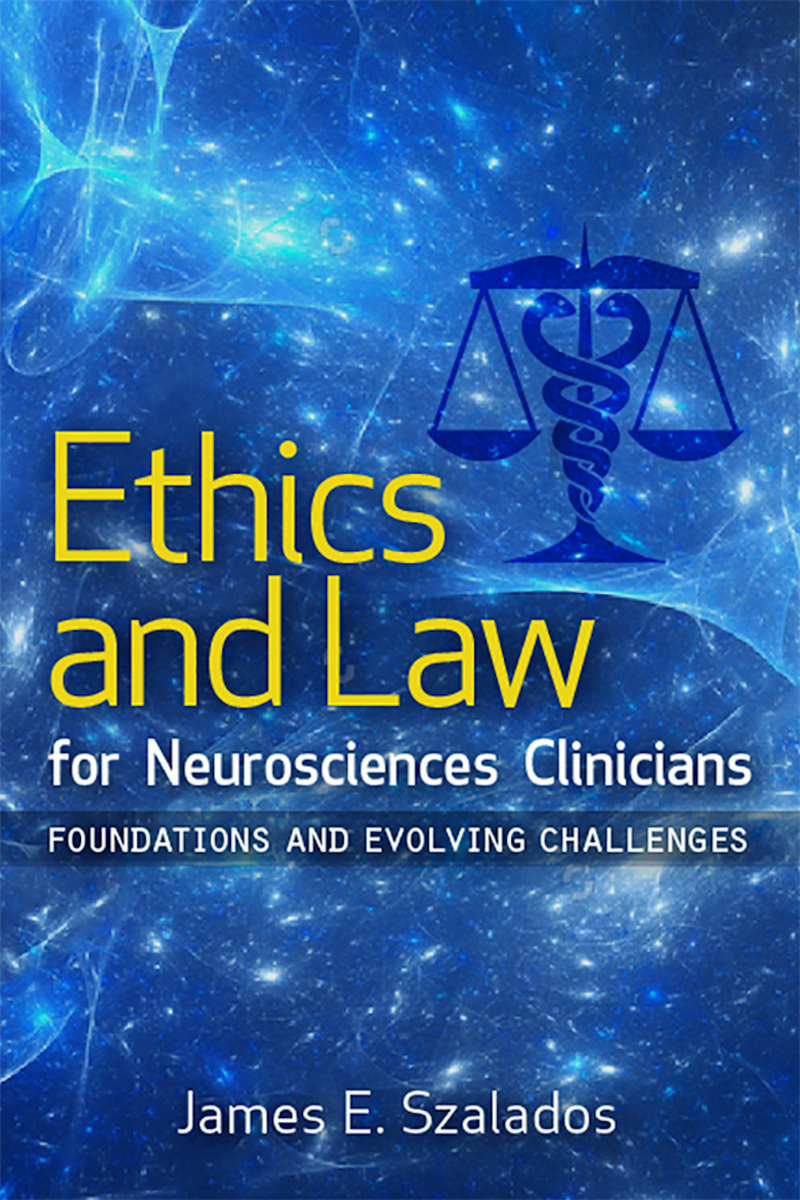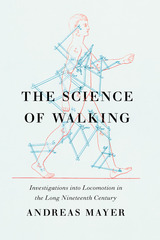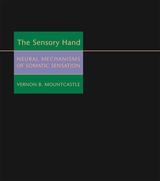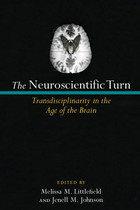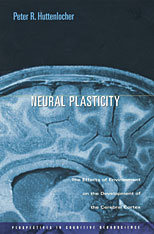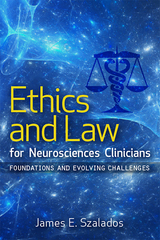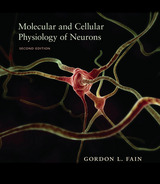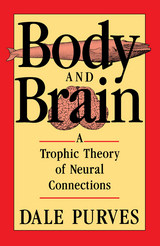Ethics and Law for Neurosciences Clinicians: Foundations and Evolving Challenges
Rutgers University Press, 2019
Paper: 978-0-8135-9388-3 | eISBN: 978-0-8135-9599-3 (ePub NK) | eISBN: 978-0-8135-9389-0 (Kindle) | eISBN: 978-0-8135-9390-6 (PDF)
Library of Congress Classification QP360
Dewey Decimal Classification 174.2968
Paper: 978-0-8135-9388-3 | eISBN: 978-0-8135-9599-3 (ePub NK) | eISBN: 978-0-8135-9389-0 (Kindle) | eISBN: 978-0-8135-9390-6 (PDF)
Library of Congress Classification QP360
Dewey Decimal Classification 174.2968
ABOUT THIS BOOK | AUTHOR BIOGRAPHY | REVIEWS | TOC
ABOUT THIS BOOK
The brain represents the final frontier in medical sciences. Clinical neurosciences include the subspecialties of neurology, neurosurgery, neuro-imaging, cerebrovascular interventional specialties, neurocritical care, and the allied specialties in pharmacy and nursing. The first lens through which we see our patients is the clinical perspective; however, the complexity of neurosciences and the rapidity of the advances in these subspecialties require that clinicians not lose sight of the personhood of the patients, the professionalism required in the care of these complex patients, or the regulatory environment in which we practice. Science and technology are advancing more rapidly than regulations or the law can interpret and integrate them into a supportive or regulatory framework. Thus, morality, ethics, and the law comprise the final lens through which we approach complex patient management issues, frame our communications with patients and families, and evaluate the risks and potential benefits of new technology. Ethics and Law for Neurosciences Clinicians is written for all clinicians in the neurosciences specialties to examine and re-examine the ethical and legal implications of advances in clinical neurosciences.
See other books on: Ethics | Malpractice | Medical Law & Legislation | Mental Health | Neuroscience
See other titles from Rutgers University Press
